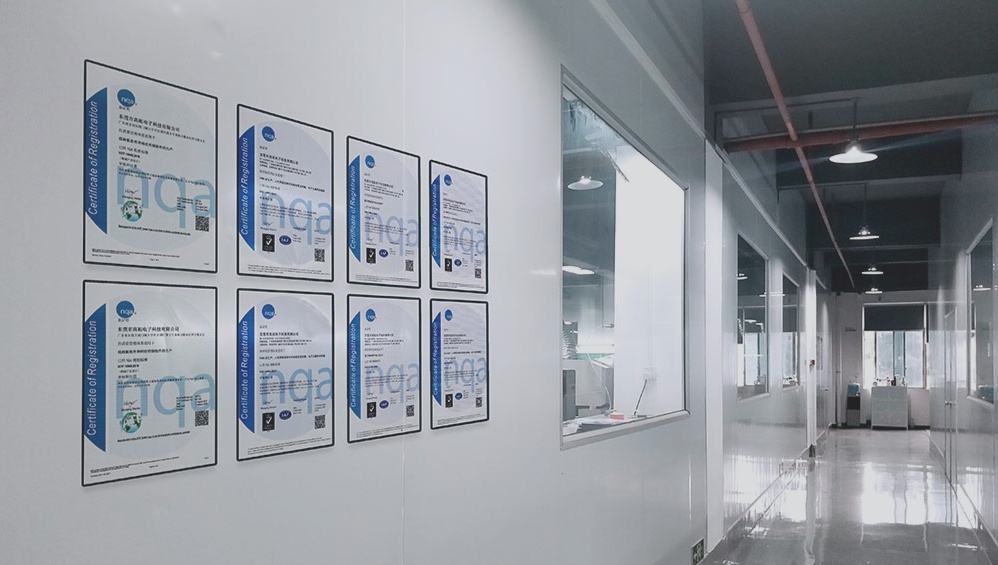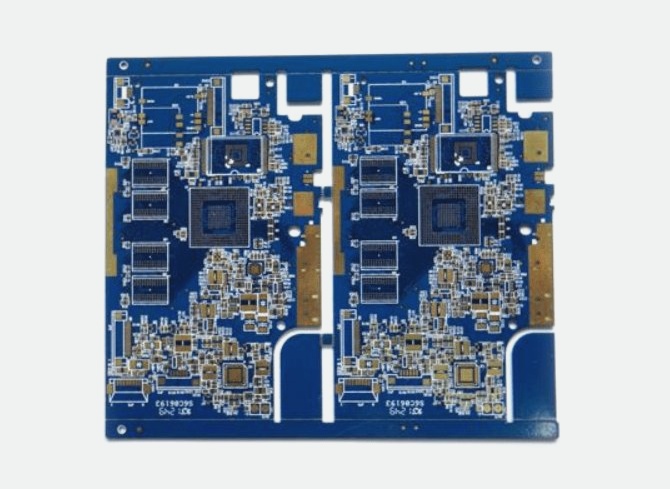1. Capability Assessment:
- Evaluate engineering skills, machinery, and manufacturing processes.
- Confirm capabilities to handle specific PCBA types (SMT or THT) and ensure sufficient production capacity.
2. Quality Control System:
- Assess the manufacturer’s quality control system, including testing procedures and traceability measures.
- Verify compliance with industry standards and certification requirements.
3. Certification:
- Confirm necessary certifications such as ISO 9001, ISO 14001, ISO 13485, or IATF 16949.
- Certifications provide additional assurance of competence and quality.
4. Production Lead Time:
- Evaluate the manufacturer’s production lead time to meet delivery schedules.
- Confirm the existence of buffers for unforeseen circumstances.
5. Quotation:
- Assess the competitiveness of the manufacturer’s quote.
- Verify transparency and check for hidden costs.
6. Communication:
- Evaluate communication and responsiveness.
- Ensure prompt responses and clear, timely communication throughout the manufacturing process.
7. Facilities and Equipment:
- Assess the condition of facilities and equipment.
- Ensure proper maintenance and up-to-date technology for quality PCBA production.
8. References and Reviews:
- Research the manufacturer’s reputation through references and customer reviews.
- Understand past performance and customer satisfaction for a comprehensive assessment.
Conclusion:
- Thoroughly assessing a PCBA manufacturer involves considering capabilities, quality control, certifications, production lead time, quotations, communication, facilities, and references. A reliable supplier is crucial for ensuring PCBA quality and project success.


